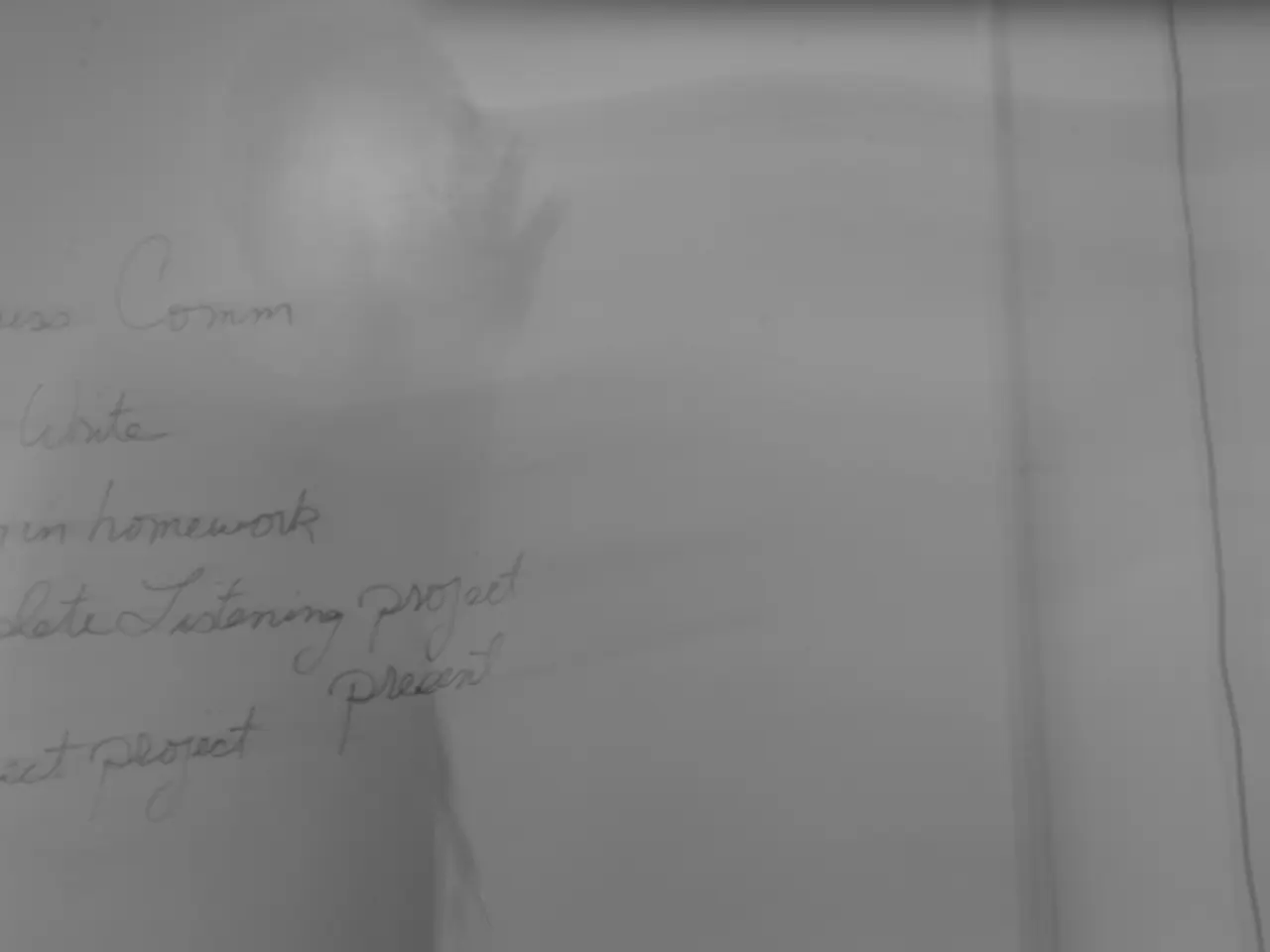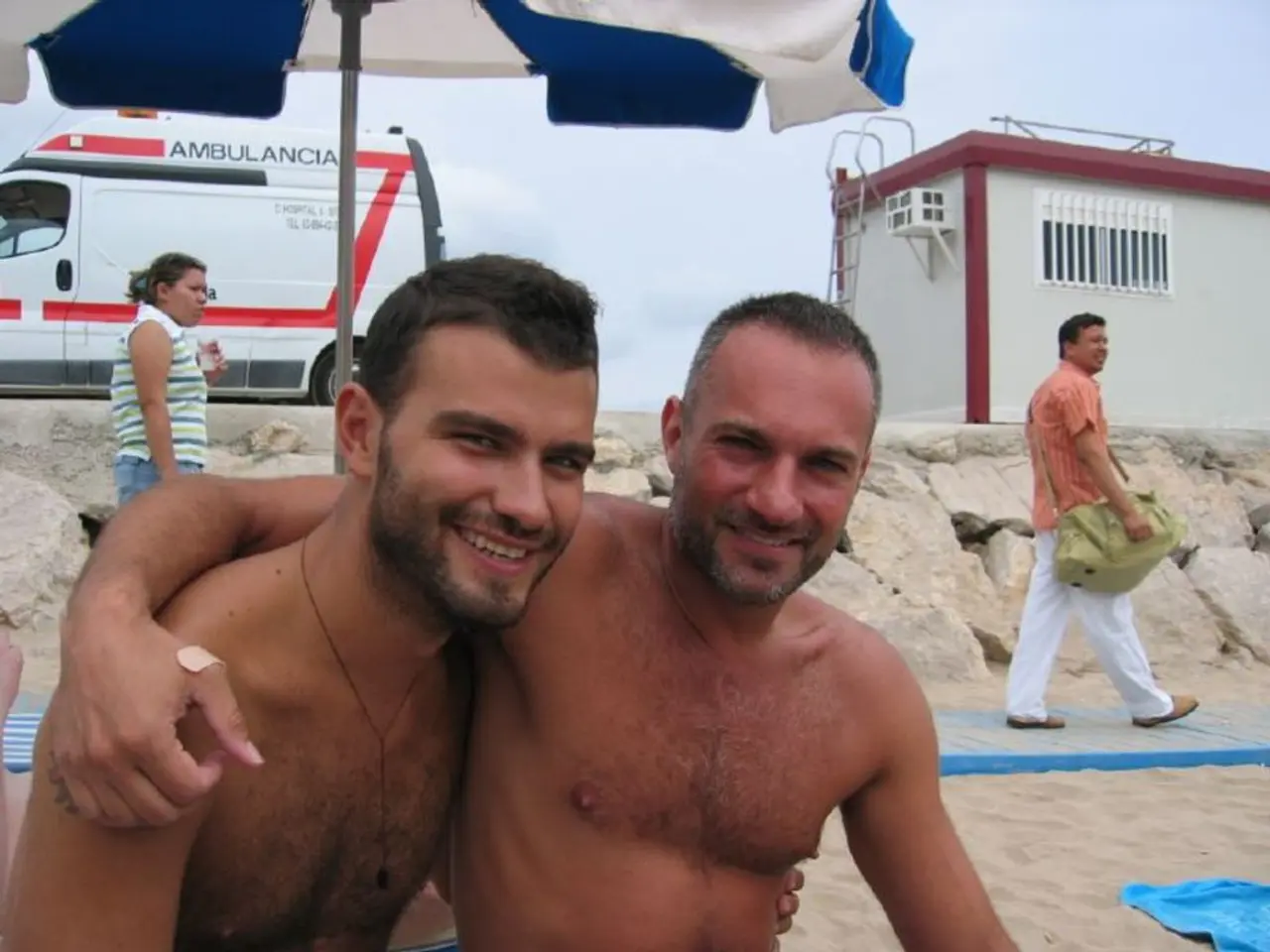Europe Revives in Britain's Sight with Macron and Merz Acting as Democratic Pioneers
The political landscape of Europe has undergone significant changes, with France, Germany, and Britain strengthening their unity in response to global political challenges. This renewed cooperation is particularly evident in the wake of the war in Europe and the political climate involving Trump's presidency.
Key developments include the signing of the German-UK Friendship Treaty on July 17, 2025, which elevates bilateral relations to cover security, defense, economy, migration, and civil society. This treaty follows visits by German Chancellor Friedrich Merz and French President Emmanuel Macron to the UK, signifying a revitalization of the E3 group (France, Germany, and the UK) as a central driver of European security despite Brexit.
France and the UK, as Europe's two nuclear powers, issued the Northwood Declaration, a joint nuclear statement reflecting deeper military and nuclear cooperation amid concerns about Russia’s war in Ukraine and pressures on NATO to shift more defense responsibilities to Europe. British Prime Minister Keir Starmer described the declaration as “truly historic,” highlighting the reinvigoration of Franco-British nuclear collaboration which complements broader European security efforts.
The future for Britain is in Europe, or as close as possible, building a unity with France and Germany around defense. This shift in perspective is evident as Britain has “rediscovered Europe” in facing these challenges, finding renewed purpose in unity with France and Germany in light of the uncertainties posed by Trump's looming influence and the ongoing war in Europe.
However, not everyone is in favour of these developments. John Redwood, a recent Conservative MP, expressed concerns about the loan of the Bayeux tapestry to the British Museum, reminding him of the invasion and the way English were forced into serfdom by the Normans.
Moreover, the financial burden of contributing 5% of their GDP for common defense may be a challenge for many European countries, including penurious Britain. Additionally, the rise of far-right parties in Europe could potentially fracture the unity without a clear purpose or enemy to defend against.
Despite these challenges, the EU people are extraordinarily enthusiastic about Britain rejoining, according to a EuroTrack poll. Furthermore, the symbolism of these two events - the loan of the Bayeux tapestry and President Macron's state visit - reflects the changes underway in Europe due to the actions of leaders like Donald Trump and Vladimir Putin.
In a deliberate move, President Macron's state visit was scheduled before President Trump's state visit in September, underscoring the importance of the Franco-British alliance in the current political climate. A united Europe could potentially include countries like Canada that share resistance to dictatorships, further strengthening the alliance.
Europe is facing the need to defend itself and unite around liberal democratic values as NATO solidarity ends. The treaty signed by Olaf Scholz in London promotes cooperation on defense, economic growth, and tackling illegal migration, providing a legal framework for the shared efforts of France, Germany, and Britain. Keir Starmer and Emmanuel Macron made a first step arrangement to exchange migrants, further demonstrating the commitment to mutual aid and cooperation.
In summary, France, Germany, and Britain are actively rebuilding and reinforcing their strategic alliances through treaties, shared security commitments, and renewed political cooperation to confront the pressing global challenges of 2025, notably the war in Ukraine and shifting transatlantic relations under Trump's presidency.
Policy-and-legislation efforts, such as the signing of the German-UK Friendship Treaty, are part of the enhanced political cooperation among France, Germany, and Britain in response to global conflicts like the war in Ukraine and the political climate involving Trump's presidency. General-news outlets are actively following these developments, including the Northwood Declaration and the revitalization of the E3 group, which aims to strengthen European security.
These strategic alliances, recognized in treaties and shared security commitments, form a significant part of the European landscape, particularly in the wake of ongoing war-and-conflicts, and are designed to address pressing challenges of the present political climate, such as shifting transatlantic relations and securing liberal democratic values.








